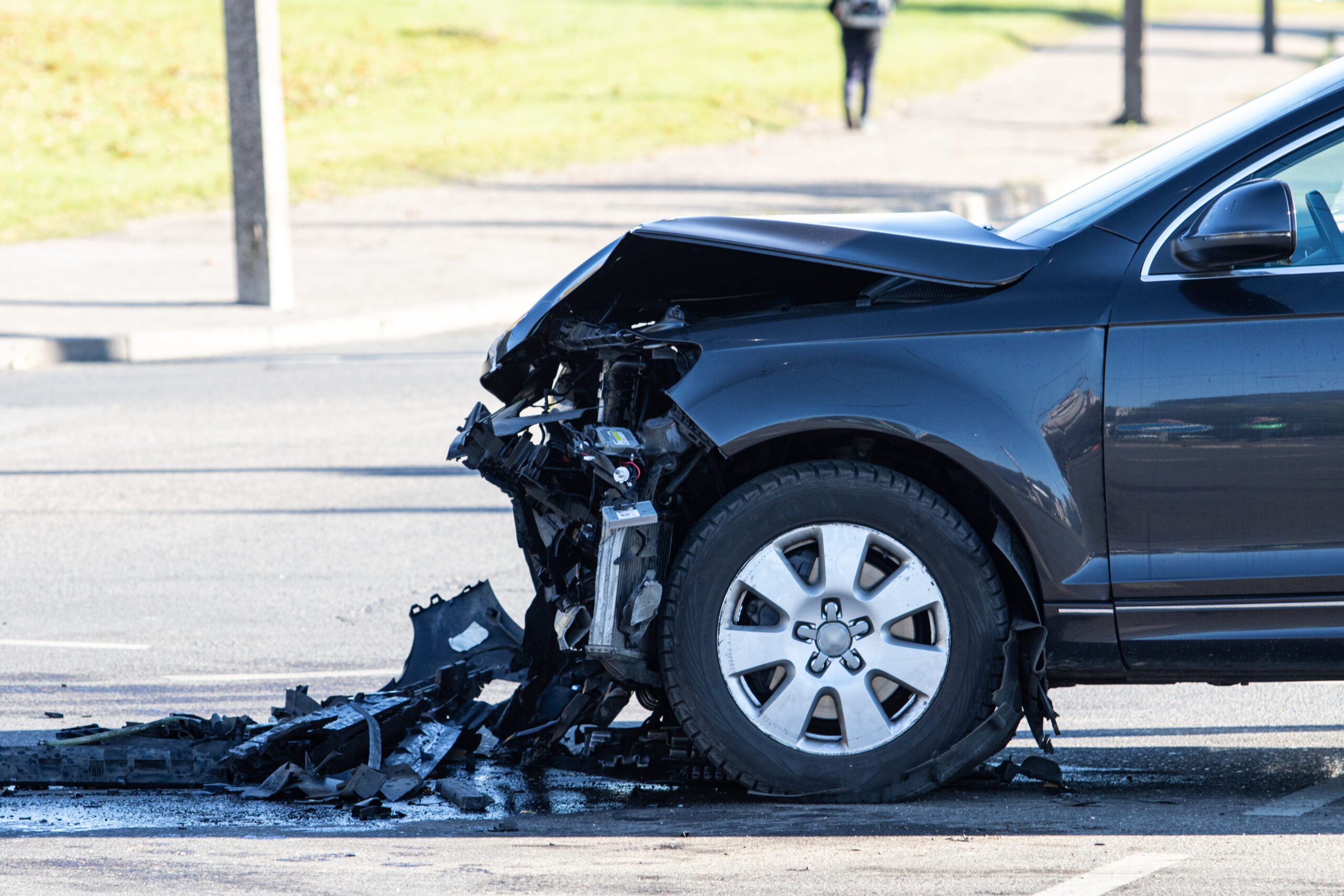In USAA Casualty v. Rafferty, the SC Supreme Court answered a certified question from the US District Court, holding that insurance companies cannot limit underinsured motorist (UIM) coverage to vehicles defined as “covered autos.”
In a companion case from SC state court, the SC Supreme Court reached the same conclusion in Nationwide Affinity v. Green, finding that Nationwide could not limit UIM property damage coverage to “covered autos.”
Below, we will look at the holdings and impact of these cases, including:
- The difference between uninsured and underinsured insurance coverage,
- Why insurance companies cannot limit UIM coverage to “covered autos,” and
- How your attorney can force the insurance company to pay the statutorily required damages if your policy contains a clause limiting your UIM coverage.
Insurers Cannot Limit UIM Coverage to “Covered Autos”
In their tireless efforts to exclude everything and pay nothing, insurance companies have been attempting to exclude UIM coverage for any property damage other than “covered autos,” a practice that the SC Supreme Court has now made clear violates SC law.
What is Underinsured Motorist Coverage?
Underinsured motorist coverage (UIM) provides additional coverage if you are in an accident and the at-fault driver’s policy limits are insufficient to cover your damages. Your UIM policy then kicks in, paying the remainder of your damages up to your own policy limits, and you may be able to stack multiple policies to reach full coverage.
Insurers Must Offer UIM Coverage
Unlike uninsured motorist coverage (UM), which must be a part of your insurance policy, you are not required to purchase UIM coverage.
The insurance company is required to offer it to you, however, and it is a good idea to purchase UIM coverage because many drivers only carry the minimum liability coverage required by law.
USAA Casualty v. Rafferty
In USAA Casualty v. Rafferty, a woman was struck and killed by an underinsured motorist while riding her bicycle. Her estate made a claim against her UIM policy for damage to the bicycle, and USAA refused to pay because the bicycle was not a “covered auto,” and her UIM policy was restricted to coverage for damage to “covered autos.”
The Court found that 1) the insurance company was required to offer UIM property damage coverage and 2) the coverage could not be limited to “covered autos” by the insurance company.
SC Code § 38-77-160 says that the insurance company must offer (although you are not required to buy it) UIM coverage up to the limits of your liability coverage:
[Automobile insurance] carriers shall . . . offer, at the option of the insured, underinsured motorist coverage up to the limits of the insured[‘s] liability coverage to provide coverage in the event that damages are sustained in excess of the liability limits carried by an at-fault insured or underinsured motorist or in excess of any damages cap or limitation imposed by statute.
Because the law requires the insurer to offer UIM coverage “up to the limits of the insured[’s] liability coverage,” and the insured’s liability coverage must include property damage coverage (see SC Code § 28-77-140), the offer of UIM must include property damage coverage.
If insurers are required to offer UIM property damage coverage, they cannot limit the coverage to “covered autos.”
They are required to offer coverage for “damages sustained in excess of the liability limits.” The definition of “damages” includes “actual damages” and “property damage,” and SC Code § 38-77-160 “does not distinguish between damage to a covered automobile and damage to other types of property owned by the insured. Therefore, ‘damages’ include damage to all property owned by the insured.”
What Happens if Your Insurance Policy Attempts to Limit UIM Coverage?
Insurance companies will always “push the envelope” when it comes to exclusions in policies – but for insurance laws and the courts, your policy would cover nothing. We have seen insurance policies that literally covered nothing – the exclusions covered everything that could possibly go wrong…
So, what happens when an insurance policy limits coverage that is required by South Carolina law?
As with other scenarios where the insurance company does not offer the required UIM coverage or does not comply with SC law on insurance coverage, the court will “reform” the policy to provide coverage as required by SC law.
Auto Accident Lawyers in Myrtle Beach, SC
If you are in an accident with an uninsured or underinsured driver, your SC auto accident attorney at Coastal Law can help you to determine all sources of recovery and how to either make a claim or file a lawsuit for damages.
Call us now at (843) 488-5000 or fill out our online form to schedule a free initial consultation to discuss your case.



